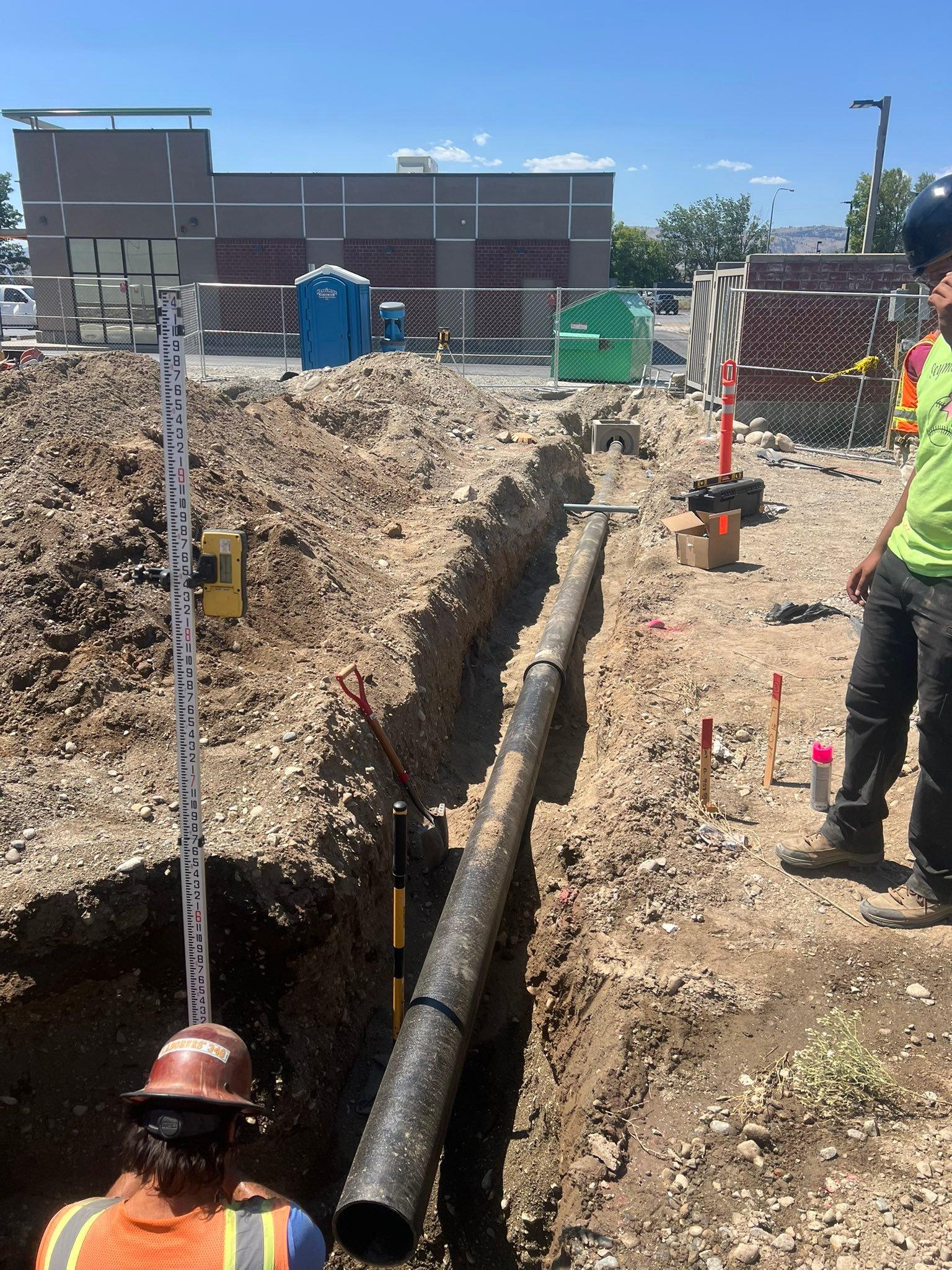
Excavation Mastery: Techniques for Tackling Challenging Terrains Jul 14, 2025
Understanding the terrain is the first step in mastering excavation. Before any ground is broken, it's crucial to perform a thorough site analysis. This includes assessing soil composition, slope stability, and potential environmental concerns. By understanding the land's characteristics, our team at Seymour Excavating can select the appropriate techniques and machinery for the job, ensuring efficiency and safety.
One of the primary techniques used in dealing with difficult terrains is the implementation of precision grading. This method involves using advanced machinery equipped with GPS and laser guidance systems to achieve accurate results. Precision grading not only maximizes the use of available space but also minimizes soil displacement, which is particularly vital in areas where environmental preservation is a concern.
Another effective strategy is the use of trenchless technology. Instead of traditional digging that can disturb large areas, trenchless methods allow for the installation of utilities and pipelines with minimal surface disruption. This technique is especially useful in developed areas or places with significant ecological value. Seymour Excavating embraces trenchless solutions to deliver quality services while protecting the natural landscape.
Drilling and blasting are essential techniques in rocky terrains or where solid bedrock is prevalent. While these methods require careful handling and adherence to safety standards, they are indispensable when breaking through hard substrates. Our experts carefully plan blast patterns and sequences to control rock fragmentation, reducing the risk of ground vibration effects on nearby structures.
In marshy or waterlogged areas, dewatering is a necessary practice. Removing excess water from the excavation site ensures stability and safety. Techniques such as wellpoint systems, sump pumps, and cofferdams are utilized depending on the site conditions. Efficient dewatering prevents water-related delays and ensures a secure work environment for equipment and personnel.
Terraced excavation is a strategy often employed on steep slopes. By cutting a series of steps into the terrain, Seymour Excavating can stabilize loose soils and create a safe working platform. This process not only prevents soil erosion but also allows for more controlled movement of machinery and materials.
Slope reinforcement, using retaining walls and geogrids, is another critical technique for challenging sites. These structures provide stability and prevent landslides, safeguarding both the excavation site and surrounding areas. Additionally, careful vegetation management helps to reduce erosion and support soil structure throughout the excavation process.
Collaboration with civil engineers and environmental specialists is key to the success of excavation projects on difficult terrains. By leveraging cross-disciplinary expertise, Seymour Excavating ensures all aspects of the project— from planning to execution—are handled with precision and environmental stewardship.
In conclusion, successfully tackling challenging terrains requires a detailed understanding of the site, innovative techniques, and an unwavering commitment to safety and environmental care. At Seymour Excavating, we combine cutting-edge technology with our extensive field experience to deliver exceptional results, no matter how complex the terrain. By embracing these strategies, we not only overcome obstacles but also secure the trust and satisfaction of our clients. Our goal is to turn construction challenges into opportunities for excellence in excavation mastery.
/filters:no_upscale()/media/e0649b5b-3336-4024-bbeb-476bdce6759f.jpeg)